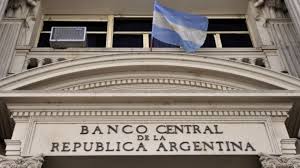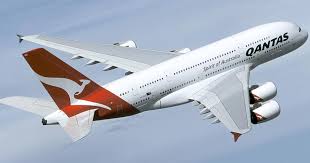As investors watch to see if the conflict draws in additional nations with the potential to push up oil prices further and inflict a major blow to the world economy, attention has been drawn to mounting geopolitical concerns for financial markets.
The nation was shocked by the extremist group’s violent march through Israeli border communities, and Israeli Prime Minister Benjamin Netanyahu pledged on Sunday to “demolish Hamas” as his military prepared ground operations in Gaza to root it out.
Investors having factored in the likelihood of a larger Middle East conflict led oil prices to increase by about 6% on Friday. When oil begins trading in Asia later on Sunday that will likely be the first sign of how people will react to weekend events.
According to Ben Cahill, senior fellow in the Energy Security and Climate Change Program at the Centre for Strategic and International Studies (CSIS), “it looks like we’re headed for a massive ground invasion of Gaza and a large-scale loss of life.” “Anytime you have a conflict of this scale, you will have a market reaction.”
Though Israel’s currency, the shekel, suffered a significant knock, market reaction over the previous week has been comparatively modest.
Erik Nielsen, group chief economist at UniCredit, stated, “I have no idea whether markets will remain pretty well behaved.”It almost certainly depends on whether this latest conflict remains localized or whether it escalates into a broader Middle Eastern war.”
On Friday, the S&P 500 decreased 0.5%. With gold rising by more than 3% on Friday and the US dollar reaching a one-week high, safe-haven assets saw purchasing.
Bernard Baumohl, chief global economist at The Economic Outlook Group in Princeton, New Jersey, predicted that an escalating conflict would likely result in increased inflation and, as a result, higher interest rates globally.
The United States, on the other hand, might be the exception as foreign investors flood money into what they view as a safe haven during a worldwide battle, Baumohl pointed out, even though inflation and rates in other nations will probably increase in this worst-case scenario.
He stated that interest rates might decrease. “Expect the dollar to strengthen.”
The bar for another rate increase by the European Central Bank, according to experts in Europe, is high.
Since Russia’s invasion of Ukraine last year, the conflict between Israel and the Islamist group Hamas has put oil markets at danger on a geopolitical scale.
Geopolitics should not be undervalued, according to Nomura European Economist George Moran, who was speaking on the bank’s week ahead podcast.
As seen by recent events like Chevron stopping natural gas exports through a significant undersea pipeline between Israel and Egypt, other energy markets may be disrupted.
Analysts stated that increasing oil prices are unlikely to have a big influence on consumer spending or petrol prices in the United States.
However, Jack Ablin, chief investment officer at Cresset Capital, stated that the situation warrants watching.
“If all of a sudden either oil production is cut or oil transport is disrupted then that certainly create problems not just for economies but for markets too,” he stated.
According to Ablin, investors might use commodities like gold, oil, and shares of oil firms as excellent hedges.


















